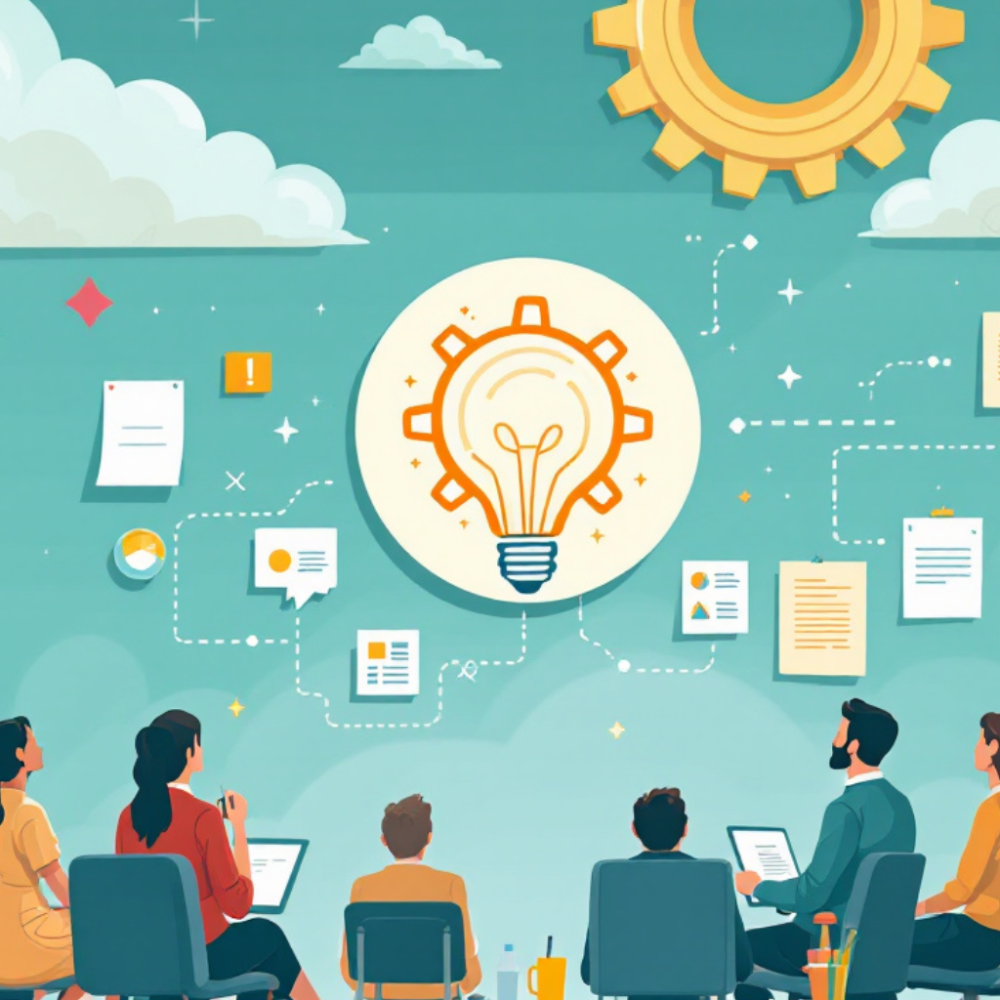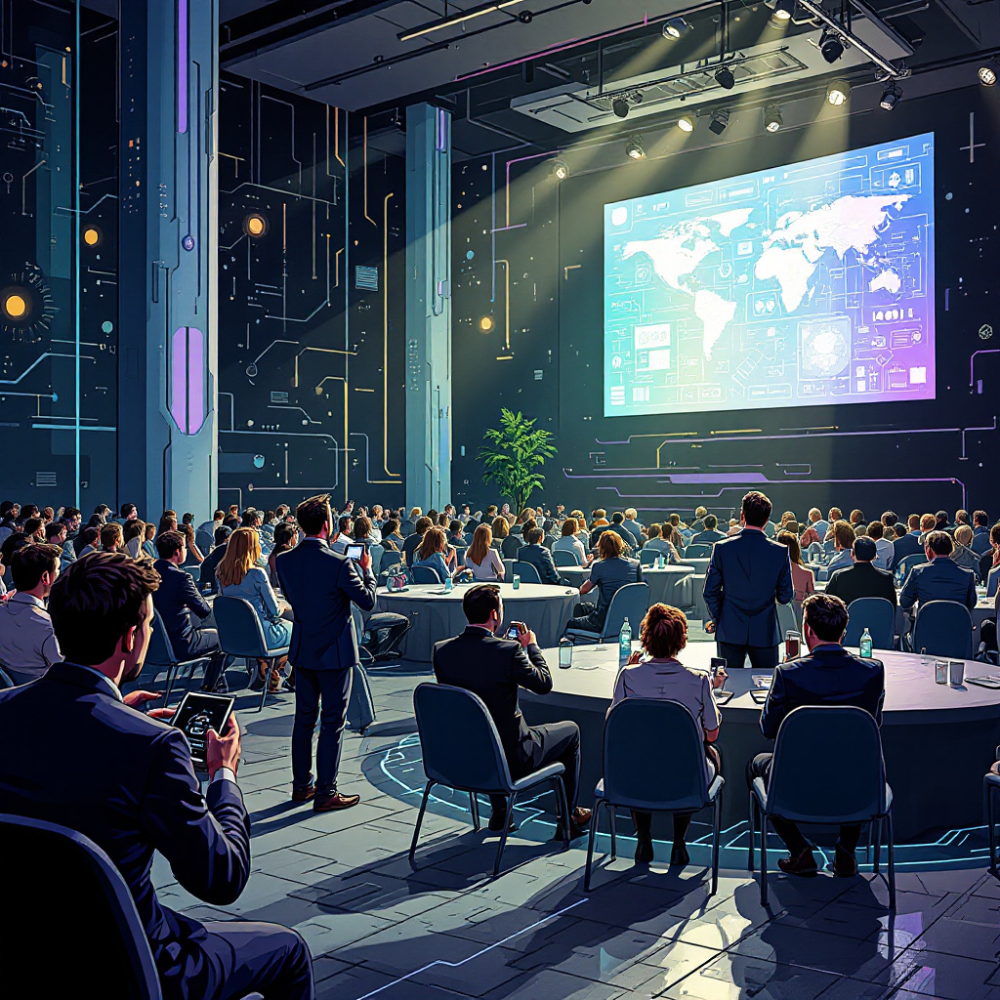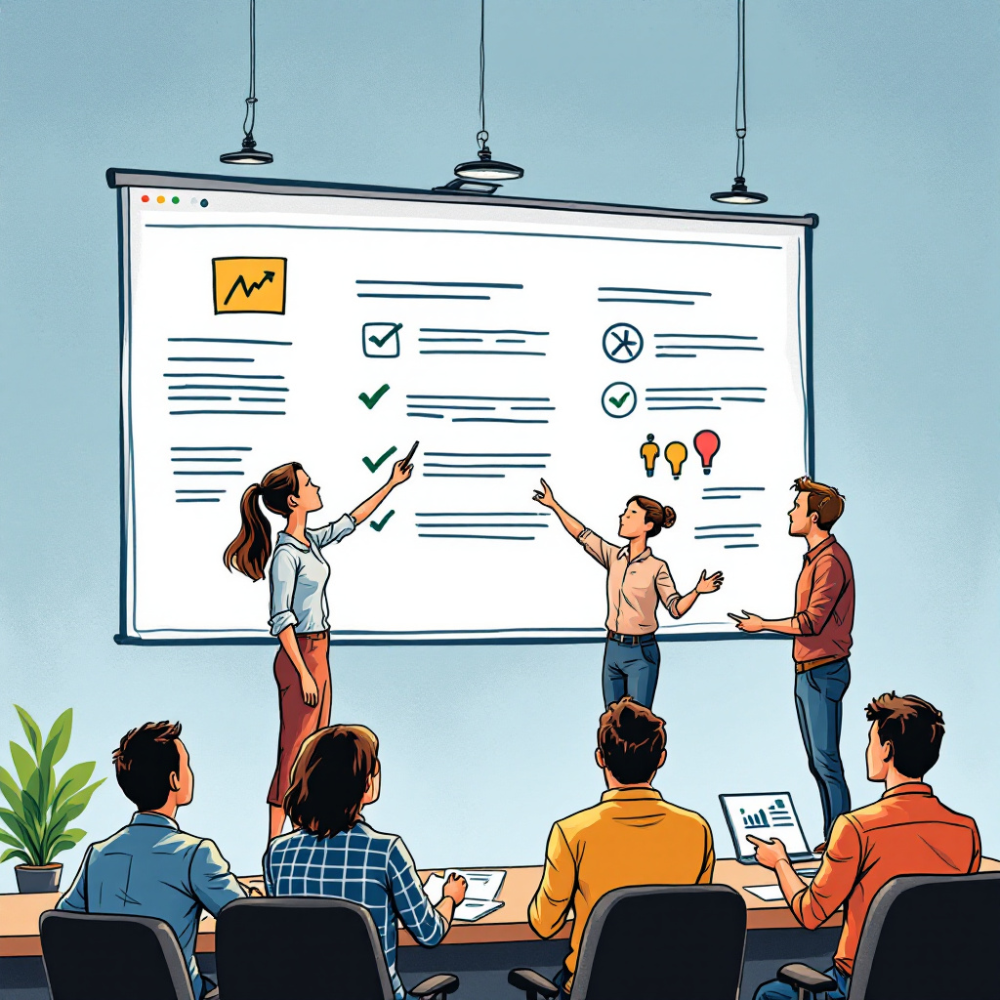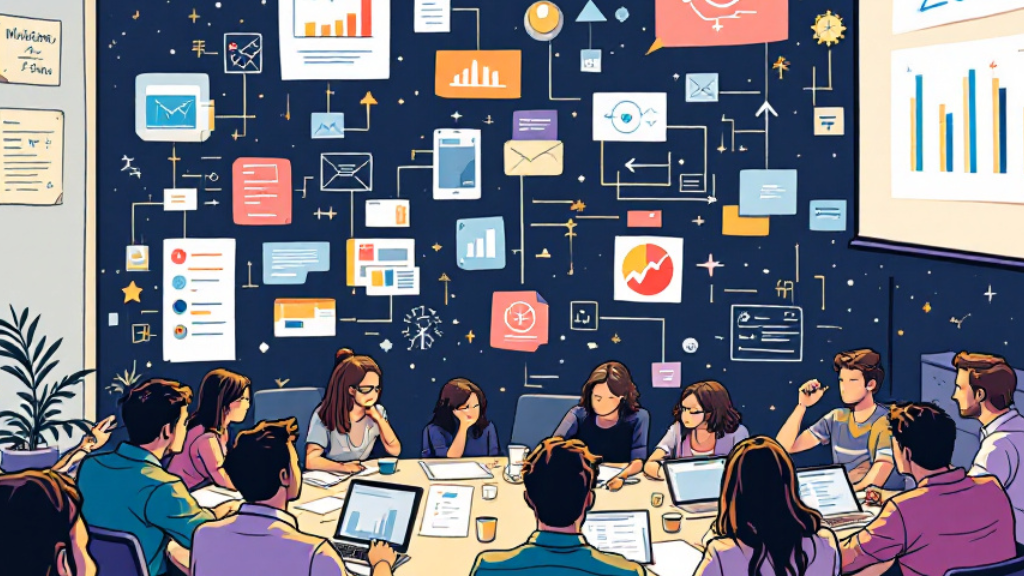How events and event professionals can lead change
“Our entire world is moving at breakneck speed!” – anyone paying attention.

It feels like we are constantly experiencing ecological, political, social, and, most apparent, economic changes. All these impact business strategy and are felt strongly by those in business events in particular.
Integrating Design Thinking and structured methodologies in corporate event planning is not merely a trend but a strategic imperative.
These approaches are reshaping how organizations foster cultures of collaboration and continuous improvement, positioning event teams as pivotal agents of change and innovation.
Design Thinking, as a methodology that leverages systemic reasoning and intuition, is increasingly recognized as a competitive advantage in business.
It transcends traditional linear problem-solving by focusing on understanding the deeper motivations behind attendees, customers and corporate employee needs, thus driving both value, growth and when done effectively continuous improvement cultures.

This approach is about solving problems and creating meaningful and sustainable solutions that resonate with users. By embedding Design Thinking into corporate events, organizations can cultivate environments that encourage learning, testing, and iterating, which are essential for innovation.
Through the application of Design Thinking, corporate event teams can facilitate an inclusive culture of innovation that values new ideas, continual experimentation, and adaptability.
This culture is characterized by breaking down silos, encouraging cross-departmental communication, and viewing failure as a learning opportunity. Such an environment nurtures creativity and enhances resilience and problem-solving capabilities, essential traits in a rapidly evolving economic climate.
Moreover, the role of event leaders extends beyond mere facilitation. They are instrumental in aligning organizational strategies with day-to-day execution through methodologies like the Event Canvas, business model generation, value proposition articulation and agile practices.
By visualizing strategic initiatives and aligning corporate goals across teams, event leaders can ensure that the organization remains agile and responsive to change. Furthermore, they face change with renewed confidence, are better aware and connected to the audience ecosystem and their team’s role and performance expectations.
The future of intentional design for corporate events will involve leveraging digital technologies and AI to enhance operational processes and free time for more human-centric innovation.

Integrating automation and AI improves efficiency and ensures that methodologies continue to remain aligned with organizational culture and operational realities, fostering a forward-thinking approach.
It can be intimidating to open a Cultural Can of Worms. It can feel like a role you didn’t sign up for, or something outside of your pay scale. However, corporate event teams embrace intentional improvement cultures and structured methodologies and are at the forefront of driving organizational change and innovation.
They are not just event planners but strategic leaders who can navigate the complexities of modern business, ensuring that their organizations thrive in a volatile, uncertain, complex, and ambiguous world. By fostering a culture of continuous learning and adaptability, these teams are indeed the tip of the spear for innovation and agility.

Then, let’s take it a step further. What if the events we create could be the catalytic moments for positive change? Maybe not solving challenges in their short moment, but inspiring connections and collaborations that lead to ongoing engagement and co-creation of the end solution.
Both practices need regular use to step into an improved cultural environment. Event Experience designers are challenged to continually improve on both practices: how they create event experiences (the design process) and how they deliver event experiences (production and engagement).
Are you challenged resourcing your team with the right tools, processes, and mindsets?
I’d happily discuss how my team has created these intentional and improvement-focused cultures and, importantly, how it has driven positive change through impactful experience design for over a decade.
